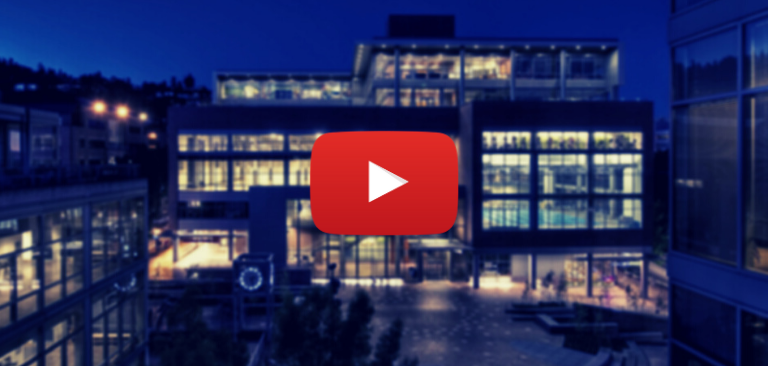Portland State University (PSU) filed a false copyright claim with YouTube on a professor’s video that tried to expose the university’s effort to censor academic freedom of speech. The video followed a resolution passed by the university to silence critics of critical race theory.
PSU Professor Bruce Gilley recently published a report called The New Censorship in American Higher Education: Insights from Portland State University.”
The video, meant to accompany the report, included clips from a March 1 meeting of the faculty senate. During the meeting, the senate unanimously passed a resolution that deems critics of critical race theory bullies and anti-progressives.
His report claims that the resolution “imposes a gag order on criticisms of a university’s professors, programs, teaching, and research — criticism which is itself the heart of academic freedom — as an abuse of academic freedom.”
Following the copyright claim, Gilley removed the video and uploaded a shorter version excluding the snippets from the faculty senate meeting, even though their inclusion would likely meet all points of fair use.
https://www.youtube.com/watch?v=Z_wf320ikxw
“The university has claimed we violated copyright and I had to remove the parts showing the faculty senate meeting,” Gilley told The College Fix.
“The entire situation is an attack on the very idea of academic freedom, and they don’t even want us to use excerpts from the faculty meeting to show what they said,” Gilley continued. He believes that the real reason the university wanted the video taken down was because his peers were ashamed of what they said.
“While we all have the right to express our opinions in accordance with The First Amendment of the United States Constitution, there are limitations to free speech when it violates our laws and when it results in a true threat for an individual or a group of individuals or incites actions that will harm others.”
“…When faculty become active in, or even endorse or tacitly support, public campaigns calling for the intimidation of individual colleagues they disagree with, or with an entire faculty they disagree with, they are undermining academic freedom. Intimidation and explicit or implied threats to physical integrity are not accepted as academic methods,” argued the faculty senate members who voted in favor of the resolution.
However, Gilley argues the resolution is a bold attempt to silence criticism.
“The resolution in failing to define those terms leaves it up to the senators to define those terms and they define the sharing of slides on social media as acts of intimidation and violence,” he said.
“By equating what common sense would suggest is normal discussion debate and criticism with mob violence, the resolution de facto silences criticism of scholars engaged in critical race theory.”
YouTube’s copyright system is often abused and used as a censorship feature due to its inappropriate implementation of the DMCA rules.










